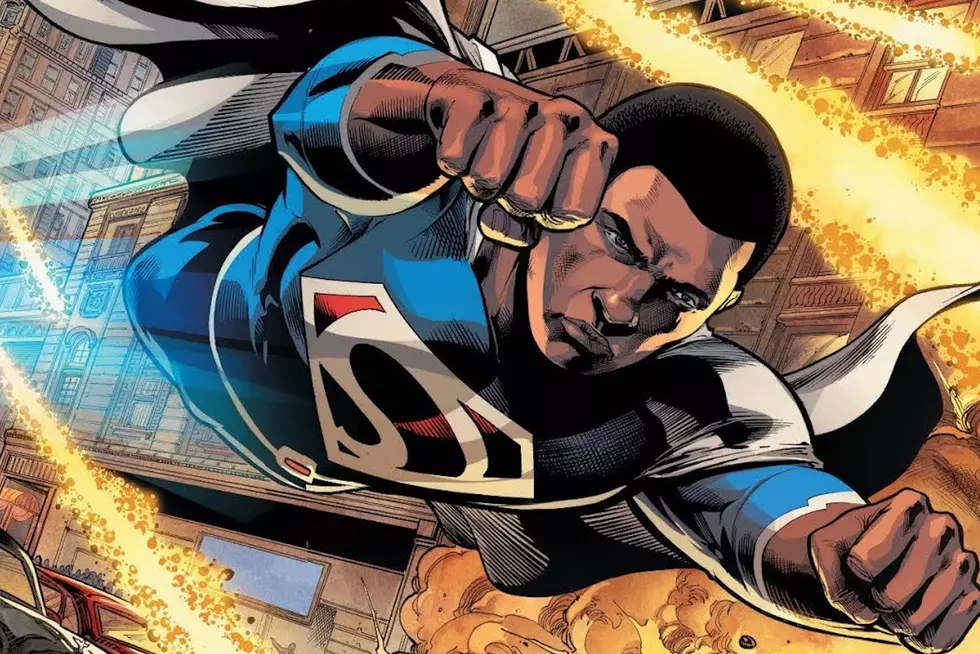
When Titans Clash: Execs Fight For Control Of Warner Bros.

While Marvel's parent company is making headlines for buying up Lucasfilm, DC Entertainment's parent Warner Bros. is getting attention for much more serious reasons: A power struggle for control of the company that could impact the future of DC's multimedia plans and DC Entertainment as a whole.In an extensive piece for the LA Times, writers Ben Fritz and Meg James look at the competition between WB Television Group president Bruce Rosenblum, Home Entertainment Group president Kevin Tsujihara and Motion Pictures Group president Jeff Robinov for the top spot at Warners. Theoretically, the three co-exist and co-operate as part of the Office of the President at the studio as part of an agreement created two years ago by current WB Chief Executive Jeff Bewkes to find a replacement, but according to James and Fritz, the three "do not work as a unit [and] rarely meet as a trio or get involved in one another's business," with each "maneuvering for position while their subordinates quietly advertise their bosses' qualities and rivals' shortcomings." One anonymous Warners executive is quoted as saying that "people [in the company] are very preoccupied with the issue of succession, and it creates an undercurrent of tension," going on to describe the mood within the company as "like being a kid wondering if your parents are about to break up."
This struggle affects DC in two ways. Firstly, there's the elephant in the room: Batman aside, Warners hasn't been particularly successful in leveraging the DC characters in terms of movies, something that's particularly galling considering the success that Marvel has had across the last few years with its own movies. According to Fritz and James, this is in part due to slowed development of projects based upon the uncertainty of who is going to be running the company when Bewkes steps down at the end of next year; "There is not paralysis, but a murkiness and lack of clarity at a place that is not used to having those conditions," explained another anonymous insider at the company. Additionally, the relative failure of such movies as Jonah Hex, Green Lantern and Watchmen can't help but hurt Robinov's standing within the company. That could be problematic for DC Entertainment beyond diminishing the value of the brand within the larger corporate family; DCE falls under Robinov's purview, after all, and if he end up replaced in his position, it's unknown what effect that would have on DCE as a unit.
Secondly, the piece reports that DC Entertainment president Diane Nelson is one of multiple executives at Warners who haven't negotiated new employment contracts with Warners, and seem unlikely to do so while the leadership situation remains unresolved. Nelson hasn't been the most visible person in charge of DCE since her appointment in September 2009, but under her watch, we've seen DC change significantly as a publisher, with increased emphasis on the core DC Universe line and a new boldness when it comes to digital releases, but also a reduction in Vertigo output, the shuttering of the Wildstorm line and the controversial Before Watchmen launch.
With a year before Bewkes retires, expect to see news of his choice of replacement before too long - and, depending on the outcome, potentially a renewed sense of direction for DC Entertainment, as well.
More From ComicsAlliance









